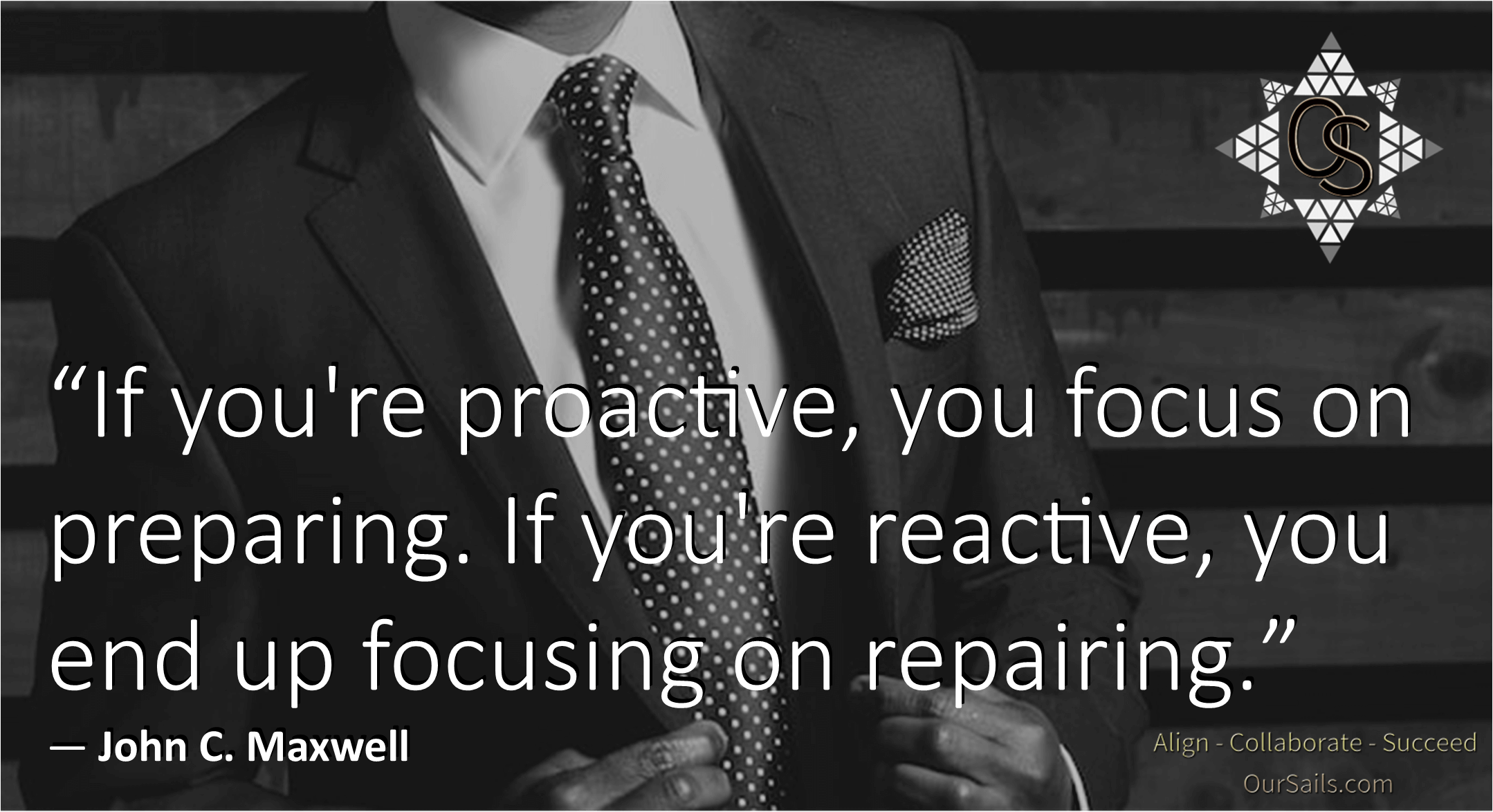Article Failing To Prepare? The Prepare To Fail!
Would your reports say that you prepare well for your 1-1 meetings? If not, read on.

Effective preparation for 1-1 meetings with your reports is not merely a routine task but a strategic investment in fostering positive workplace dynamics and unlocking untapped potential. Meticulous planning sets the stage for fruitful discussions, maximising the benefits reaped from these interactions.
Foremost, proactive preparation lays the foundation for a more engaged and motivated team. When managers invest time in understanding their reports' goals, challenges, and aspirations, it signals a genuine commitment to their professional development. This, in turn, fosters a sense of trust and loyalty, creating a positive workplace culture.
The benefits extend beyond interpersonal relationships. Well-prepared 1-1 meetings save time for both parties involved. Clear agendas and focused discussions streamline the conversation, eliminating unnecessary tangents and ensuring that key issues are addressed efficiently. This time-saving aspect not only enhances productivity but also demonstrates a respect for each other's time, reinforcing a culture of efficiency.
Moreover, purposeful preparation contributes to the generation of tangible value. By aligning individual goals with organisational objectives, managers can guide their reports towards more impactful contributions. This not only boosts individual performance but also contributes to the overall success of the team and the company.
The positive outcomes of well-prepared 1-1 meetings are not confined to the professional realm. Employees who feel heard, supported, and guided through purposeful interactions experience a heightened sense of job satisfaction and well-being. This, in turn, translates into increased retention rates, improved morale, and a more resilient and adaptable workforce.
In essence, meticulous planning for 1-1 meetings is a strategic investment that yields dividends in employee engagement, time efficiency, value generation, and overall workplace positivity. As the saying goes, "Failing to plan is planning to fail." Therefore, embracing a proactive approach to preparation is not just a best practice; it is an essential element of effective leadership and team development.
- Align to avoid confusion.
- Collaborate to avoid suspicion.
- Succeed without despair.